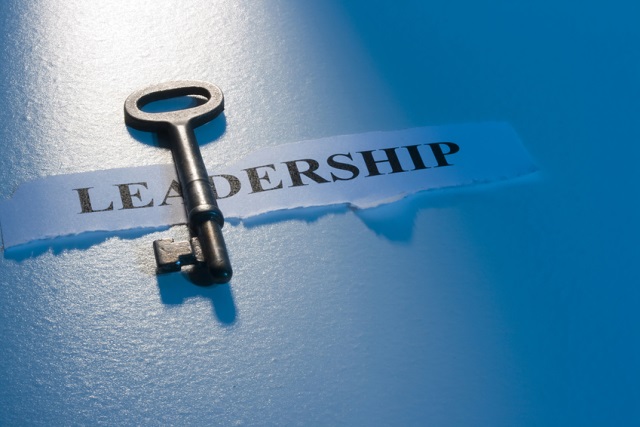What does leadership mean to LSE alumni? Here are just a few thoughts.
Collaborative leadership models, not hierarchies
Anson Au, MSc Social Research Methods, 2016
Leadership is seen as the ability of a person or organization to guide others. In the age of Trump, Brexit, and the global rise of the Far-right, we are seemingly confronted by a crisis of leadership. Why have leaders bent on dividing societies gained power in the recent past? The answer suggests it isn’t a lack of poor or trusted leaders that confronts us. Trump is no less a trusted leader than Clinton – he’s just trusted and revered by supporters hailing from a different part of the political spectrum. Rather, the problem lies in the way leadership itself is structured.
Leadership shouldn’t be top-down. In organizations, hierarchical distributions of authority have resulted in poor distributions of knowledge, which, in turn, anticipates uninformed decisions capable of collapsing entire companies. Like organizational leadership, political leadership achieves the best results when it adopts more collaborative strategies. It should facilitate the democratic exchange of knowledge and spread out authority in ways that allow for these exchanges. Nelson Mandela’s legacy offers a wonderful example to observe and emulate. More than motivating or shoring up support among a restricted part of the population, he pursued a leadership structure that was inherently collaborative – reaching across ethnic, racial, gender, national boundaries, and even to the very parties responsible for putting him in prison, to successfully build something bigger than himself.
Political Leadership: A matter of respect
Matthew Klassen, MSc International Relations (Research), 2016
Debates on leadership are often oriented around skills possessed or lacked. However, as Mr. Trump has revealed, leadership is much more about attitude. In the world of policy and politics, the distinguishing characteristic of effective leadership is a respect for “the office”. Respect for one’s office is about respect for the legislation, people or panel that vested the responsibilities of that office in that leader. This attitude and deference to legacy, continuity, voters, and to a constitution or bill is what separates the leaders I admire from Mr. Trump.
I have the pleasure of working at the Legislative Assembly of Ontario every day, and as part of my job have met with former premiers, as well as independent officers and commissioners of the Legislative Assembly. When each of these leaders elaborates on their role and attitude, they speak to the duties of their office, rather than their successes as an individual. This is perhaps most evident in a leader I have come to admire, Ontario’s Speaker, the Honourable Dave Levac. Mr. Levac, who retires at the end of this legislative session, is the longest serving speaker in the province’s history. I know this is a characteristic shared by many speakers in Westminster-style systems. This deference to office allows for effective decision making, commands respect, and helps to maintain a lasting legacy of responsible government. This is leadership that I admire.
Leadership Values? Listen First. Speak Second
Jeffrey Dvorkin, MPhil, International History, 1970-1974
In the film “Spotlight”, Liev Schreiber plays Marty Baron, editor of the Boston Globe. I’ve met Marty a few times, and I sense that Schreiber has him exactly right.
“Spotlight” is about a team of investigative reporters looking into accusations of sexual abuse by some members of the Catholic clergy in Boston. According to the film, very few people in that city and in that newsroom dared to uncover what had been a well-kept and widely held secret for many years.
What Baron/Schreiber conveyed was the most important reportorial and leadership quality – the ability to listen carefully and fully to what people are saying. Eye contact is a good indicator as well.
My best bosses were the ones who – like Baron – avoided jargon – especially techno-jargon and spoke directly to the issues before us. Jargon in the news business as in most other endeavors, is usually a way of covering up for a lack of knowledge. It is in effect a form of corporate bluster and insecurity.
Angela Merkel: A leader to admire
Thomas F. Chambers, MSc (ECON) 1965
Leadership is a strange thing. Some leaders you respect, others you despise. The only leader I admire is German Chancellor Angela Merkel. She is strong, believes in the European Union and is the only leader who can keep the Union together after the departure of Britain.
Russia’s Vladimir Putin and China’s Xi Jinping are strong leaders. They have gained control of their governments, have no opposition at home, face weak leadership abroad, and are militarily ready for the future. The only leader who would try to oppose them, and provide leadership in a crisis is U.S. President Donald Trump. However, to do so would result in consequences beyond his control. He is a far weaker leader than he realizes.
The world may face a crisis because of North Korea’s Kim Jong-un’s threat to send a nuclear missile to the United States and Mr. Trump’s threatened response. A war between the two would soon involve much of Asia. China, not wanting such a conflagration, would prevent Mr. Kim from acting. Therefore, China would provide leadership where it is needed.
There are crises in Africa and the Middle East. Most of the leaders in these areas are autocrats, uninterested in peaceful solutions to their problems. Fighting in the Middle East has been well documented but the opposite is the case in Africa where many wars are being fought. Ethnic conflict has affected millions, many of whom are seeking refuge in peaceful countries.








